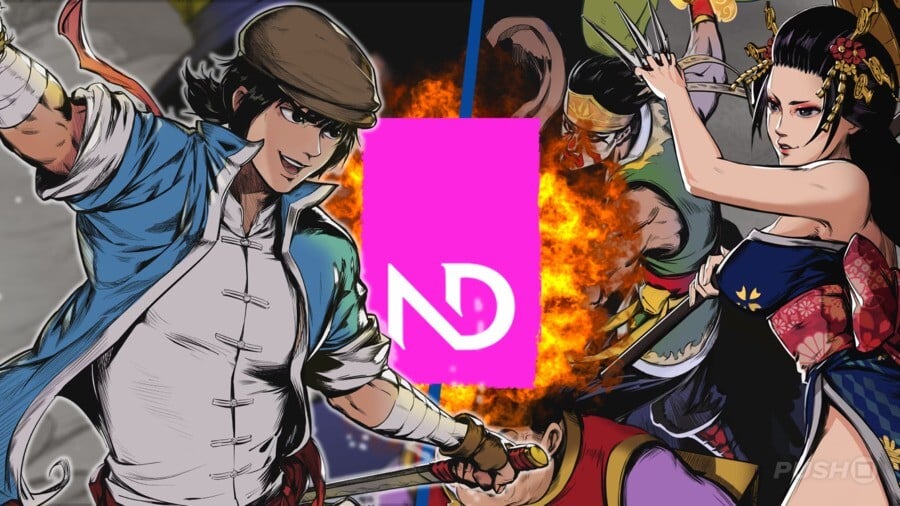
Neon Doctrine’s so-called “ghost computers” immediately caught our attention. Entering the indie publisher’s Neihu-based office in Taipei, we were taken aback by the flurry of activity occurring on its rows of unmanned monitors – especially considering the enormous open-plan workspace appeared to be largely unoccupied. CEO and Co-Founder Iain Garner explained to us that most staff prefer to conduct their duties remotely, but due to security issues they’re required to connect to the computers physically located on-site, hence the phantom activities unfolding on the otherwise abandoned screens.
It's perhaps no surprise staff prefer to work from home, considering the company’s headquarters are located towards the tail of Taipei’s notorious Wenhu Line, a 25-kilometre subway track also known as the Brown Line. Utilising driver-less stock, space is at a premium in its infamously small cabins, despite it serving an estimated 140,000 passengers daily. Much like Neon Doctrine, many major offices are located in the area, and so it’s a hotspot for commuters – and likely one of the biggest banes in their lives. Ask anyone in Taipei about the commute to Neihu, and we guarantee you’ll get the same reaction regardless of who you speak to.
Still, considering the hoops Neon Doctrine had to jump through in its infancy, the commute is little more than an inconvenience for Garner and crew. “We were a very small group of people based in China that wanted to make an indie game publisher that would help games come into China and out of China,” he starts. “Back then, there was this really thick wall between Chinese games and the rest of the world. For example, it was before Steam had Chinese payment options and things like that.”
The company, then named Another Indie, was a success, and it freed up enough funds for the small business to grow. A chance encounter at a chic boardgame bar saw COO and fellow Co-Founder Vlad Tsopljak recruited, under the pretence that he could use image editing program Photoshop. “I called Vlad the next day and said, ‘Hey, do you want to come and play some VR games at the office?’” Garner remembers. “So, he came and was having a great time. And I was, like, ‘Oh, by the way, while you're here, do you want to help me out with this Photoshop?’ By the time the end of the work day was done, he worked for us.”
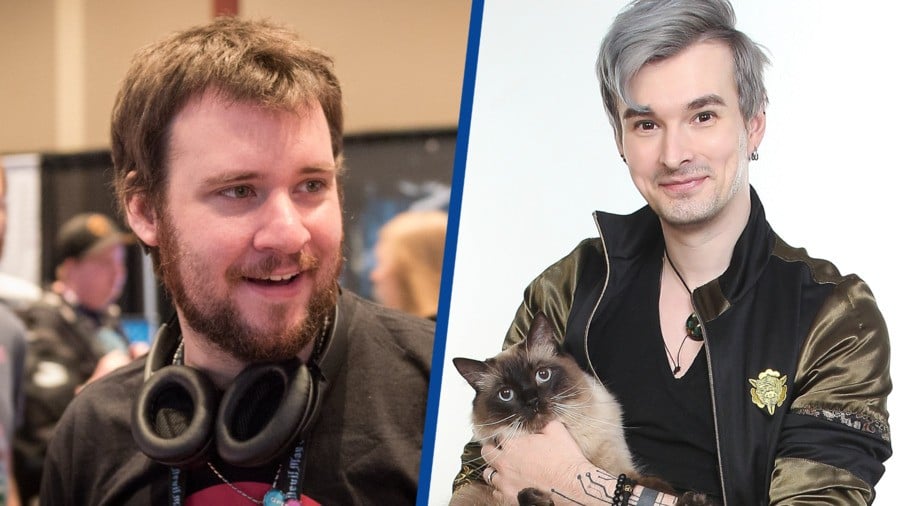
The pair continued to operate in China until 2018 before eventually relocating to Taipei, where it’s outgrown several offices, culminating in its current Neihu digs. Its primary role is as a publisher, where it fulfils a range of different duties. “We work with developers to find their path to success,” Garner starts. “Each developer is different, and their needs are different as well. That’s our core business. We also, as a part of that, have a development team which can help us do the porting of those games.”
While it has done a bit of support work on various titles from Capcom and other household publishers, it’s clear that Garner and Tsopljak’s passion stems from supporting the projects it’s helping bring to market. “We don’t generally port games that we don't publish, but we provide a variety of support on the ones that we do,” explains Garner. “Most of them are smaller developers from Asia. We have some from Latin America and some from Europe, but mostly it’s Asia. We can help them release their games on more platforms, because most of them have no experience with consoles.”
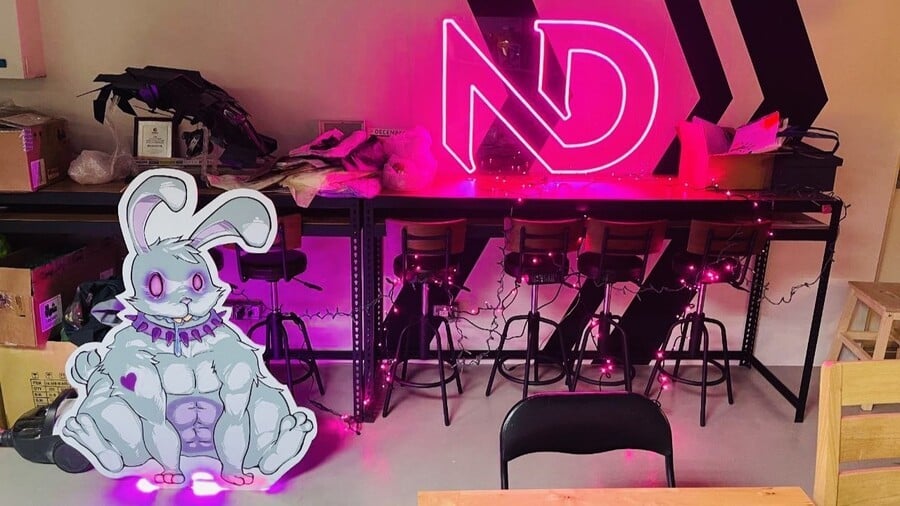
When it comes to porting, Neon Doctrine’s goal is to go above and beyond a basic conversion. “We have a very, very good team, so it’s not just about porting,” Garner points out. “We also try to make it better. So, a lot of the time, we work with the developers to refactor and improve. First, we’ll do a code check, and then our developers will give feedback and information to the developers to help them improve it.”
Finding a balance between meaningful feedback and overbearing criticism sounds like a difficult challenge, but it’s one Garner is conscious of. “A lot of the developers we work with are self-taught, so there’s missing bits of information or best practices they’re simply not aware of,” he notes. “The goal is if they have a good experience with us now, then when they are a more established developer in the future, they will hopefully still want to work with us.”
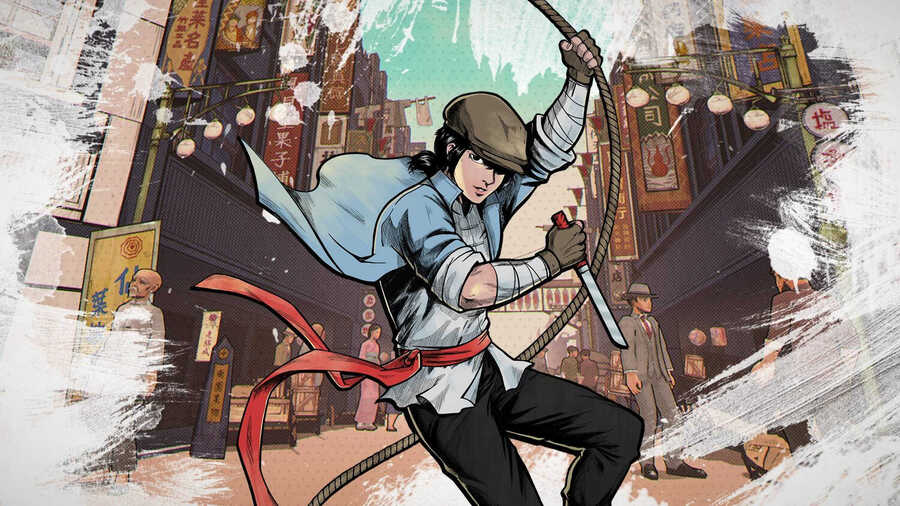
While Neon Doctrine has worked on a dozen or so titles thus far, it’s perhaps best known for The Legend of Tianding, a distinctly Taiwanese side-scroller about a legendary Robin Hood-style figure who was ultimately sentenced to death in 1909, accused of a flurry of robberies during Japan’s occupation of the island. Liao Tianding, the real-life figure upon which the game is based, attracted fame during the period due to his ability to evade law enforcement and the fact that he’d often share his spoils with the poor. He was ultimately captured and killed at the age of just 26-years-old.
The game was originally developed in the early 2000s by ‘Maso’ Lin Bing-shu and released for browsers via the Flash plugin, but after becoming disillusioned with development on other projects, Lin partnered with PP Wang to effectively remake the game in 2019. The pair were inspired by a multitude of sources, including traditional Hong Kong comics, and popular downloadable escapades like Shank and Guacamelee. Neon Doctrine would eventually sign on as publisher, where it worked on a variety of ports, including to the PS5 and PS4.
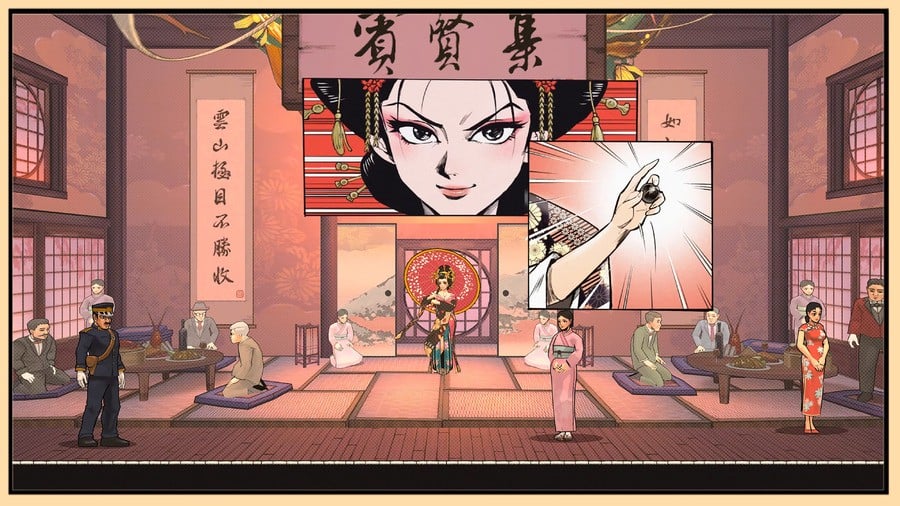
“Once we got the game, it was like 30fps, 1080p,” Tsopljak remembers. “Because in this region, and sometimes in Southeast Asia, the devs still don't think like 120fps, 4K. But then you put the work in to help upscale, make sure that there are no performance issues, that it runs smoothly on all the different platforms, like on mobile, and you kind of help them level up the game and level up their own skill, in that sense.”
One thing Garner is eager to underline is that Neon Doctrine wants developers to explore their own culture. It’s something we’re seeing more across the entire indie spectrum, with The Legend of Tianding being a great example, but others include Mojiken’s distinctly Indonesian adventure A Space for the Unbound and Red Candle’s harrowing horrors Detention and Devotion. It’s not always proven an easy conversation, however.
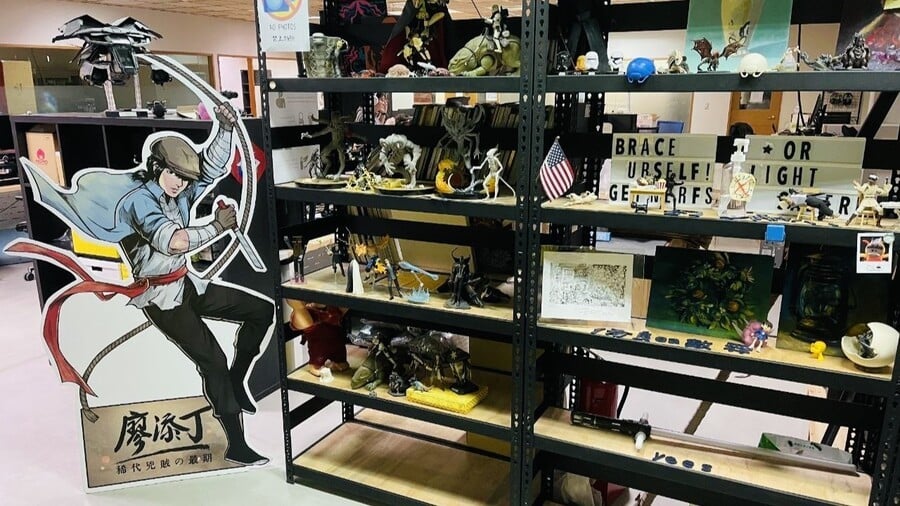
“When we first started Neon Doctrine, we often pushed developers to [explore their own cultures] and were told by a lot of them that they really didn’t want to because they didn’t think that Western audiences would be able to accept games that weren’t from their background,” Garner says. “And I always argued that one of the problems is you're trying to copy a culture that you're not a part of, and it comes off automatically as inauthentic.”
He continues: “I was really struggling to explain this idea to them. But when we started to get games like Detention, we could just say, ‘Look at how well this game is performing. Look at the reviews. Like, I promise you, there's more to it.’ And actually, weirdly enough, I think Parasite was a really big moment as well. Like, that was a very Korean movie that blew up in a way that I don’t think anybody expected. And now, that's just snowballing with K-dramas and the like.”
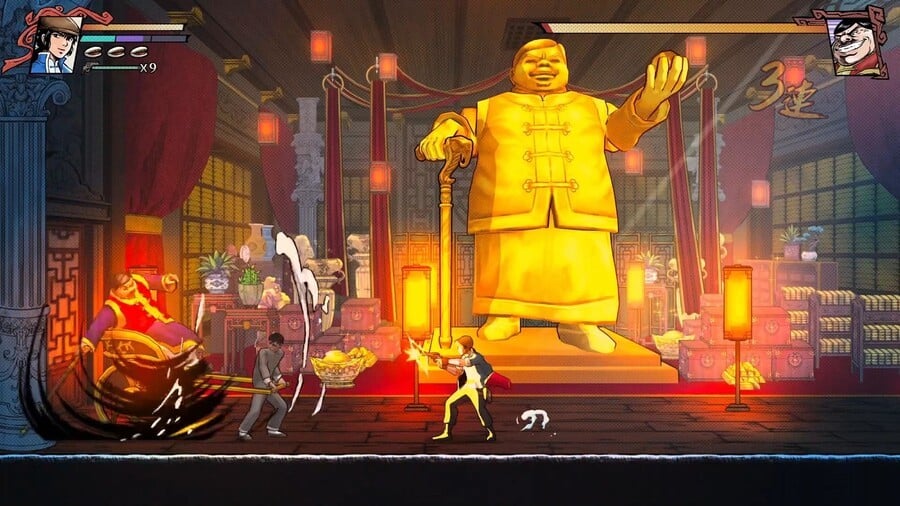
Garner believes this is all just a part of consumers looking for something fresh. “We've just seen enough grizzled, American, brown-haired dudes doing things with machine guns at this point,” he exclaims. “The industry’s itching for something different.”
Of course, having a unique pitch certainly helps games to stand out in an increasingly crowded market, but there’s also a risk of studios going too far. “I received this pitch for a really beautiful game recently, but when he was explaining it to me, I was like, ‘This feels like a lecture in like the history of your region. This doesn't feel like you're pitching me a game, it feels like you're pitching me like an educational experience,’” Garner says. “That is by and large not what people are looking for. What they're looking for is a game first, and everything else is secondary.”
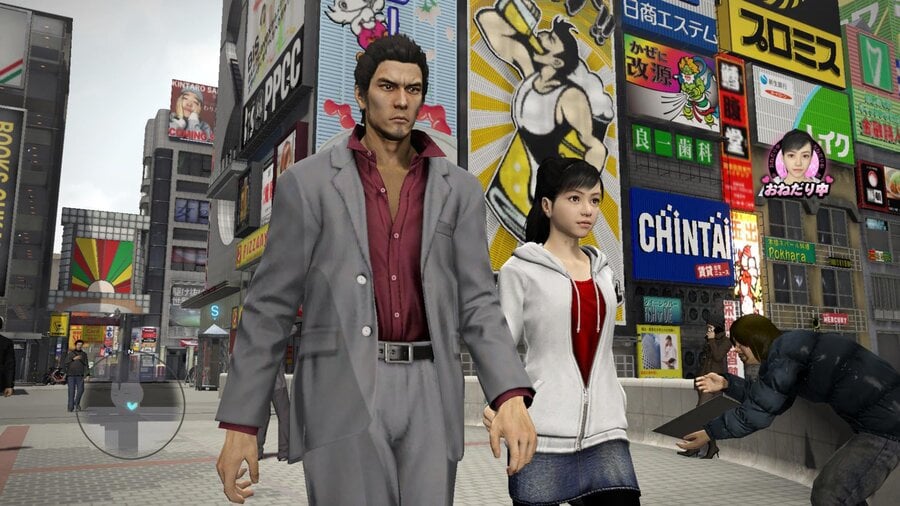
Garner points to the Yakuza games as a great example of titles that are fun first but also expose players to Japanese culture. “Don't get me wrong, there's a lot of other things that contributed to Japanese culture in the West, but I think Yakuza in gaming is like a touchstone for that,” he remarks. “They are super fun, crazy games, but they are so deeply Japanese. Which is a really impressive thing for a game to be able to do. That's the goal, but you can't start with that connection. You start with a good game and you build out from it.”
However, while creating a compelling game will always be a developer’s priority, having people discover it and play it is a whole other issue. Garner went viral a few years back when he publicly criticised the PS Store on social media, exclaiming he has “no idea how to succeed on the platform”. In a flurry of irate tweets, he described Sony’s backend as being “straight out of the early 2000s” and accused the organisation of giving “no love” to games it doesn’t like.
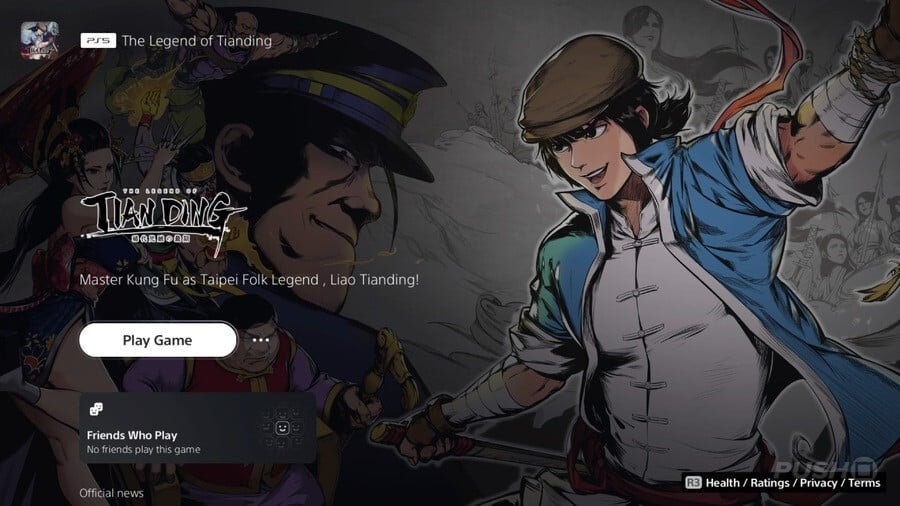
To its credit, this did prompt a response from the Japanese giant, and the feedback we’ve received from other indie studios is that things have improved since. But we obviously couldn’t leave Neon Doctrine without asking for Garner’s current thoughts. “I think it's fair to say that all of the first-party platforms have got a long way to go,” he diplomatically sighs. “All of them are very much curated, relying on individual or financial relationships, like you pay X and you will get placement Y. It's just a bad deal for consumers, frankly.”
Speaking to both Garner and Tsopljak, it’s immediately obvious they both think highly of Steam, and its ability to both recommend content unique to the tastes of each user and allow publishers to manage their portfolios. “I’m a big horror guy,” explains Garner. “So, every time I log in to Steam, it will show me some horror games that are uniquely to my taste. And I will look at those games and sometimes they have as few as like 50 or 60 reviews. Like, Steam is doing some real deep cuts. Compare that to the PlayStation backend, where unless you search for the games you like, you’re not going to find them.”
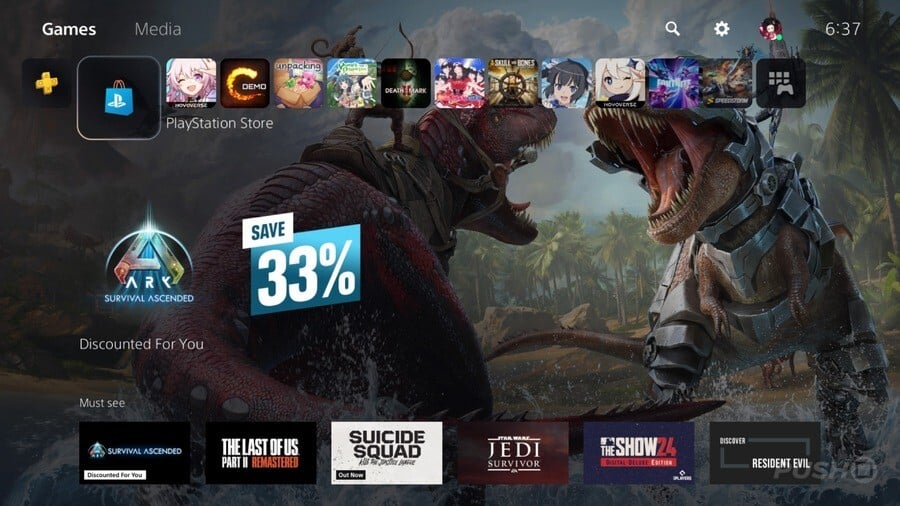
Garner admits that things have been slowly improving, and he believes his outspoken messages have instigated some change, but he thinks there’s still a long way to go. “It’s every platform holder’s responsibility to create a path for success for people they’ve never met,” he says. “Some developer in some country that you’re completely unaware of could release the next big thing. But if you do not have a pathway for them to build their own success, then that success will never be on your platform.”
He continues: “If Sony or Nintendo or anybody invests millions of dollars into a game, then of course they're going to put that on the front page of their store. That’s not what I’m fighting against. That’s good, that’s business. But you need to provide a path to success for everybody who may put a game on your platform. And if you don’t, but you still advertise your platform as a place people can find success, I think there’s something not right about that.”
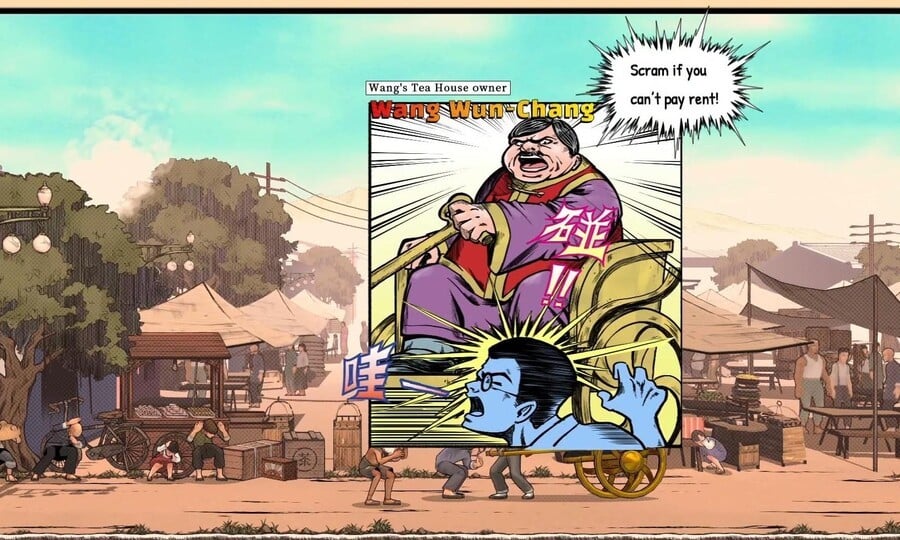
On an uncomfortable journey out of Neihu and back to the civilization of central Taipei, we couldn’t help reflect on Neon Doctrine as the quintessential indie publisher. Its goal is to expose the culture and talent of creators from lesser-known parts of the world, specifically Asia, and it’s built a world-class development team to help those smaller studios realise their dreams. While Garner’s comments about the PS Store could be considered abrasive, it’s clear that he cares – not just about his own games finding an audience, but also the efforts of all indies from all around the world.
Thank you to Neon Doctrine, specifically Iain Garner and Vlad Tsopljak, for being so hospitable during our visit. Please note, this interview has been lightly edited for clarity. Do you enjoy games that explore the culture of their creators? How do you feel about the state of the PS Store at the present, and the ability to find new content and experiences? Let us know in the comments section below.





Comments 11
Well done to him for having the guts to stand up and tell it like it is. Sony doesn't deserve to benefit from the success of quality indie games unless it makes the effort to support them.
No, the store isn't responsible to promote your game, that's on you and you only and every dev knows that.
Also, there's no such thing as a "deep cut", especially when we talk about Steam that literally gives you keys that you can sell anywhere and get 100% revenue.
@CielloArc Would it not be a better user experience if the PS Store was able to surface content it knows you're likely to be interested in, though?
There's definitely improvements that can be made here.
At the end of the day, I just don't think console storefronts are a good place to discover new games. There are much better sources for that, such as your favourite gaming websites, YT channels or podcasts. Something like Skill Up's weekly news show where he will consistently shout out a small game in his "Put this on your radar" section.
On the other hand, I realize it's probably only a small portion of the console audience that spends time checking other channels. I really don't know what the best way to reach the rest of that audience is.
Recommendations via the store? Possibly, but based on what? People are much less likely to leave reviews on console storefronts than they are on Steam, where they are already sitting in front of the pc and keyboard. And I'm not sure a storefront that throws a lot of uncurated stuff at me is the ideal either.
Both PSN and the eShop fail at some pretty basic e-commerce practices.
Recommending games you already own (LOL) or games in genres you never buy, crappy search, etc.
The store is so rough. I check almost daily for new releases and between the amount of trash games and games from 3 weeks ago that for some reason are still showing as the newest, I can only imagine how many titles are missed or overlooked that would be purchased. Even removing the weekly blog on new titles was a step backwards a few years ago.
I personally have not had an issue with the PS Store unless it is publishers only releasing Chinese/korean versions of the game without english language options (A surprisingly common problem in HK especially with SEGA and Bandai).
But then again, I am very picky about my games and usually look at most downloaded or best selling to make decisions.
I think a bigger issue with games as an industry right now is just how many games come out everyday. STEAM is a mess with 14000 games (39 games a DAY) released last year itself. PS Store and Switch had 3k+. Most of these games are trash but you can't over-curate what comes on the platform either because it removes customer choice. Visibility on every platform has become a mess as a result.
The problem with so many games coming out is semi-successful games don't have much ability to become profitable as people move quickly to the next big zeitgeist moment. In all this, Indies will definitely get buried but that's because there are so many indies constantly releasing.
Really enjoyed Legend of Tianding and a part of that was the unique culture and different histories
This is a fantastic article - more of these games industry deep cuts please!
@Marquez Thank you! There’s more on the way!
PSN Store-wise I can compare PS3, PS4 and PS5 (heck, even Vita at times)...aside from GUI polish, there is not much user-friendliness to comment on. PS4 is still a supported system and you cannot even Wishlist games on that. You do have genre categories to filter your search, however, only multiregion AAAs make the top positions in each category anyway. No screenshots in web browser PSN Store? Really? I actually have to google the game or switch to the infamous mobile app to see some actual screenshots/videos for the game in store...so not user-friendly! The PS mobile app is a case on it's own - you cannot even click/use any of the tags that appear in a game description. It's the hard work of youtubers (thank you Nintendolife & Switchcorner) that brings some quality games under the consumer radar.
Leave A Comment
Hold on there, you need to login to post a comment...